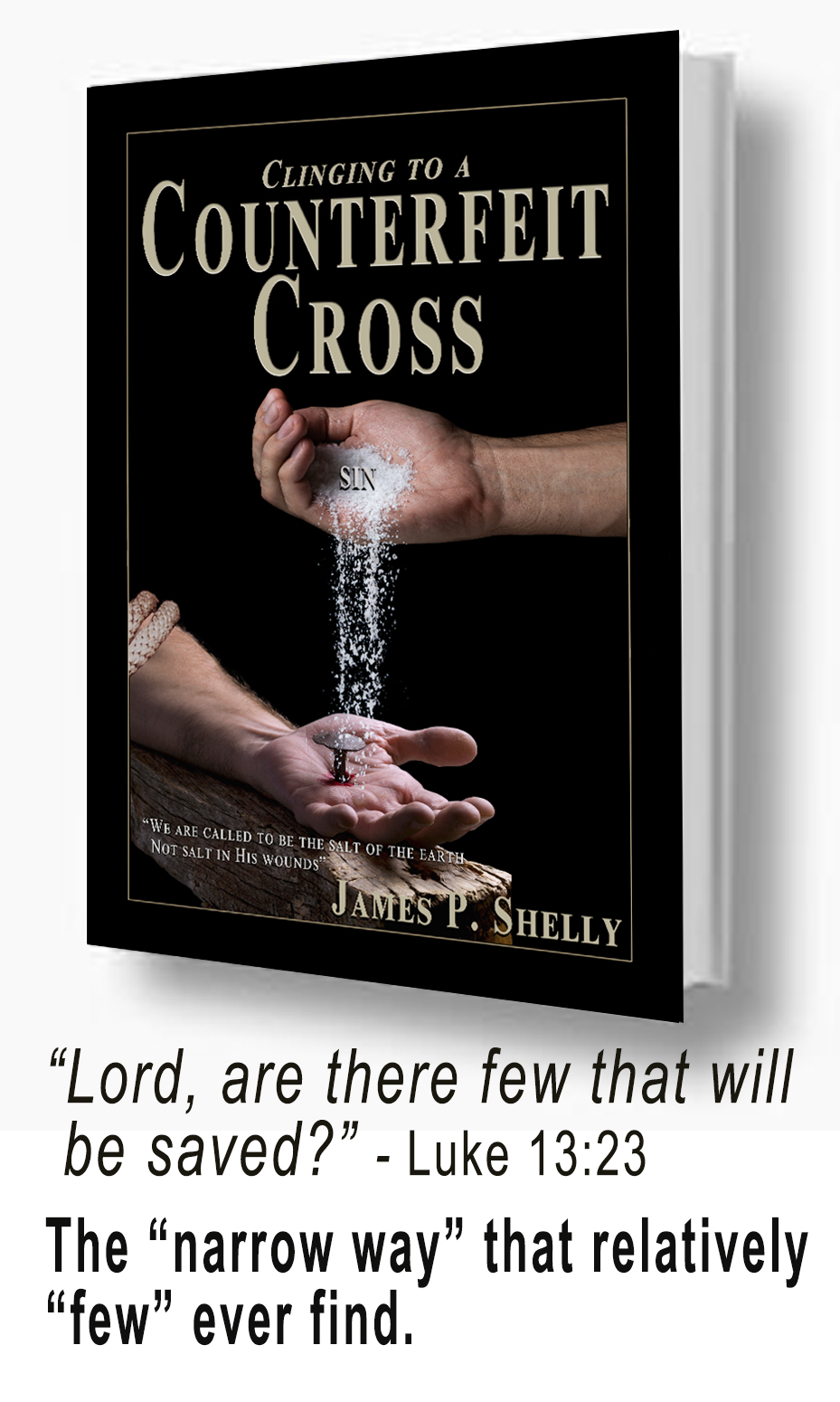Bible Commentaries
E.W. Bullinger's Companion Bible Notes
Nehemiah 10
those that sealed. These are stated by the Talmudical writings, and the unanimous voice of tradition, to have formed "The Great Synagogue". It consisted at first of 120 members, but was afterward reduced to seventy. It represented the five divisions of the nation:
(1) the chiefs of the priests;
(2) the chief Levites;
(3) the chiefs of the people;
(4) the representatives of the cities;
(5) the doctors of the law. Its work was (by solemn oath):
(1) not to intermarry with the heathen;
(2) to keep the sabbath;
(3) to keep the sabbatical year;
(4) to pay annually [a portion?] of a shekel to the temple;
(5) to supply wood for the altar;
(6) to pay the priestly dues;
(7) to collect and preserve the canonical scriptures.
The Great Synagogue lasted 110 years: from Nehemiah to Simon the Just, when, having completed its work, it became known as the Sanhedrim of the NT., the supreme council of the Jewish nation; which rejected the kingdom, and crucified the King (Messiah).
Tirshatha. See note on Ezra 2:63.
Nethinims. See note on Ezra 2:43.
people = peoples.
the law of God. See Exodus 17:14 and App-47.
God. Hebrew. Elohim.(with Art.) = the [true] God. App-4. I
given. See App-47.
Moses the servant of God. The first four occurrences of this expression in the Hebrew Bible. See Daniel 9:11. 1 Chronicles 6:49, 2 Chronicles 24:9.
the LORD. Hebrew. Jehovah. App-4.
our Lord. Hebrew our Adonai. App-4. = our sovereign Lord. Compare Psalms 8:1, Psalms 8:9.
statutes. See note on Deuteronomy 4:1.
ware = wares. Hebrew, plural only here.
on the sabbath. Compare Nehemiah 9:14; Nehemiah 13:15, Nehemiah 13:16, Nehemiah 13:18, Nehemiah 13:19, Nehemiah 13:21. This observation of the sabbath ensured the reading of God's Word, and the multiplication of copies.
holy. See note on Exodus 3:5.
leave, &c.: i.e. forego the produce of the seventh year.
the seventh year. See Exodus 23:10, Exodus 23:11. Leviticus 25:2, Leviticus 25:7.
the exaction of every debt. Hebrew = the burden of every bond. Compare Nehemiah 5:10, Nehemiah 5:11, and Deuteronomy 15:2; especially in the year of release.
meat offering = gift, or meal offering. Hebrew. min-chah.
burnt offering. App-43.
holy. See note on Exodus 3:5.
Israel. See note on 1 Kings 12:17.
the wood offering. Hebrew the offering of wood. Figure of speech Hypallage. App-6. Not prescribed by the law. Josephus calls it Xylophory, or wood-bearing. A feast kept on the 22nd of Ab, and at other times.
burn. Hebrew. ba"ar, to consume. Not yazath (as in Nehemiah 1:3; Nehemiah 2:17); or saraph (as in Nehemiah 4:2. App-43.)
written in the law. See note on Exodus 17:14, and App-47.
children = sons.
not forsake: not fail to provide for. Septuagint has same word as Hebrews 10:25, egkataleipontes.








Comments